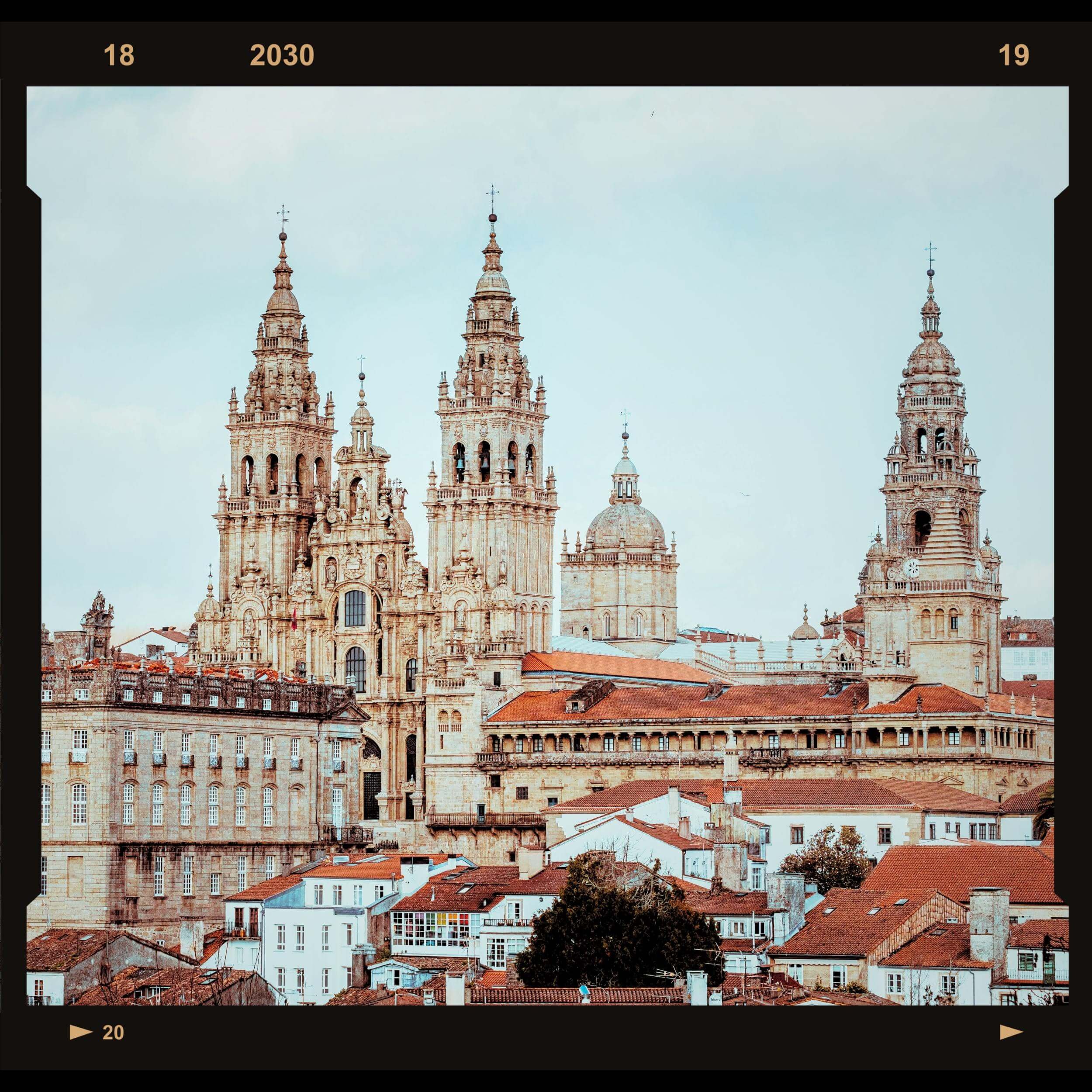
To Sin Or Not To Sin: Shakespeare’s Vision Of God And Man
Shakespeare doesn’t preach, he probes. In Hamlet, Macbeth and King Lear, divine justice isn’t guaranteed, and grace isn’t always granted. His plays don’t answer theological questions so much as ask them: Are we free or fated? Is there mercy for the worst of us? In staging the tension between sin and salvation, Shakespeare reminds us just how near — and how far — God can sometimes feel.

Flannery O’Connor At 100: Faith & Fiction In The American South
Flannery O’Connor didn’t separate her Catholicism from her craft — she let one deepen the other. Her stories, often set in the rural South, hinge on discomfort and grace, sin and sudden revelation. Whether through a grandmother’s final act of clarity or a holy fool’s blunt truth, O’Connor reminds us: redemption doesn’t come without confrontation. A century later, her faith-infused fiction still resonates.

The Jack Kerouac Of Sacred Pilgrimages
Walter Starkie's "The Road to Santiago" brings the Camino de Santiago to life, portraying it as more than just a pilgrimage. His journey reveals a profound encounter with faith, tradition and personal transformation. As the Camino tests both body and spirit, Starkie’s narrative shows how this ancient path continues to resonate with modern seekers, making it a timeless pursuit for those looking for renewal in today’s fast-paced world.

How Religion Influenced Some Of The World’s Greatest Writers
From Tolkien’s reflections on redemption in "The Lord of the Rings" to Dostoevsky’s deep dive into sin and salvation in "Crime and Punishment," faith is at the core of some of the greatest stories ever told. These writers invite us to wrestle with big questions about life, faith and purpose — reminding us that there’s always something deeper at work, even in our own lives.

AI’s Future Impact On The Church
A sense of unease begins to take root. Interactions feel hollow, conversations lack depth and relationships become superficial and transactional. The more we rely on AI, the more we find ourselves yearning for something it cannot provide: authenticity, meaning and opportunities to connect on a fundamentally human level. This is where the church reenters the scene, not as a relic of the past, but as a symbol of the present, a sanctuary of authenticity. At this tipping point of artificiality and superficiality, people start craving transcendent values that algorithms cannot encode.
